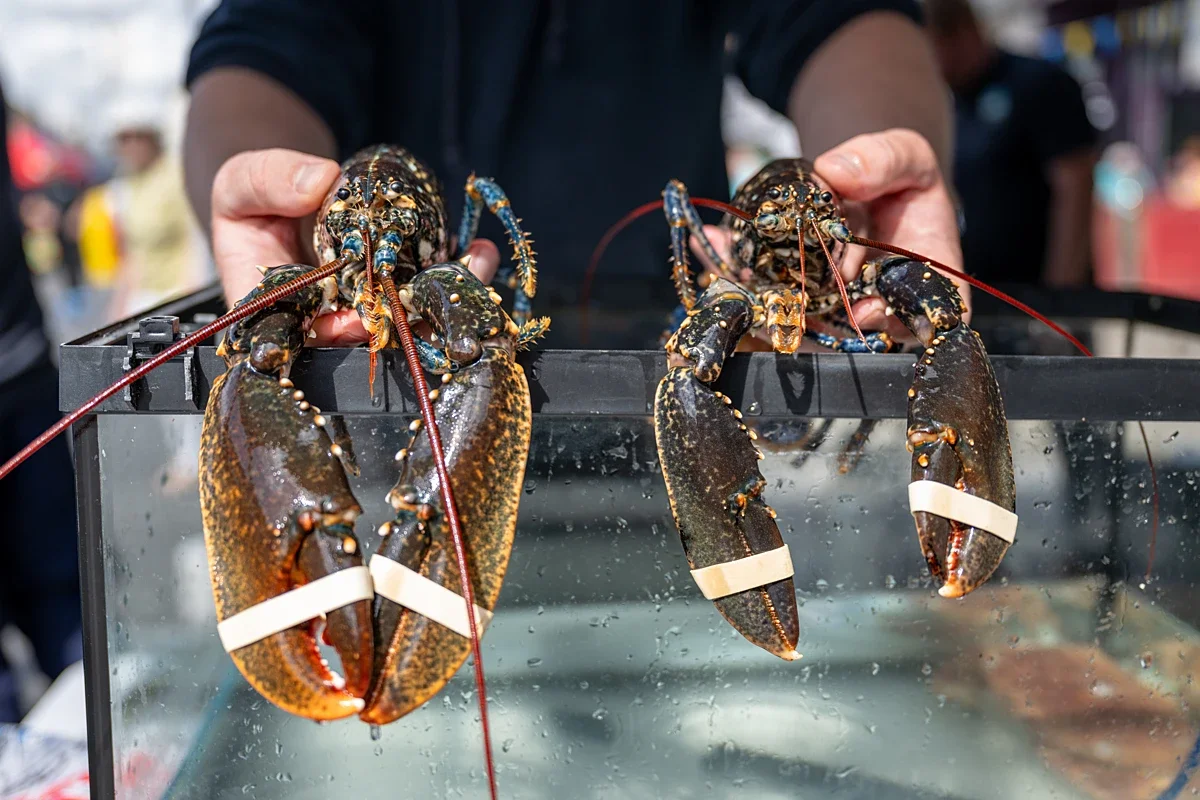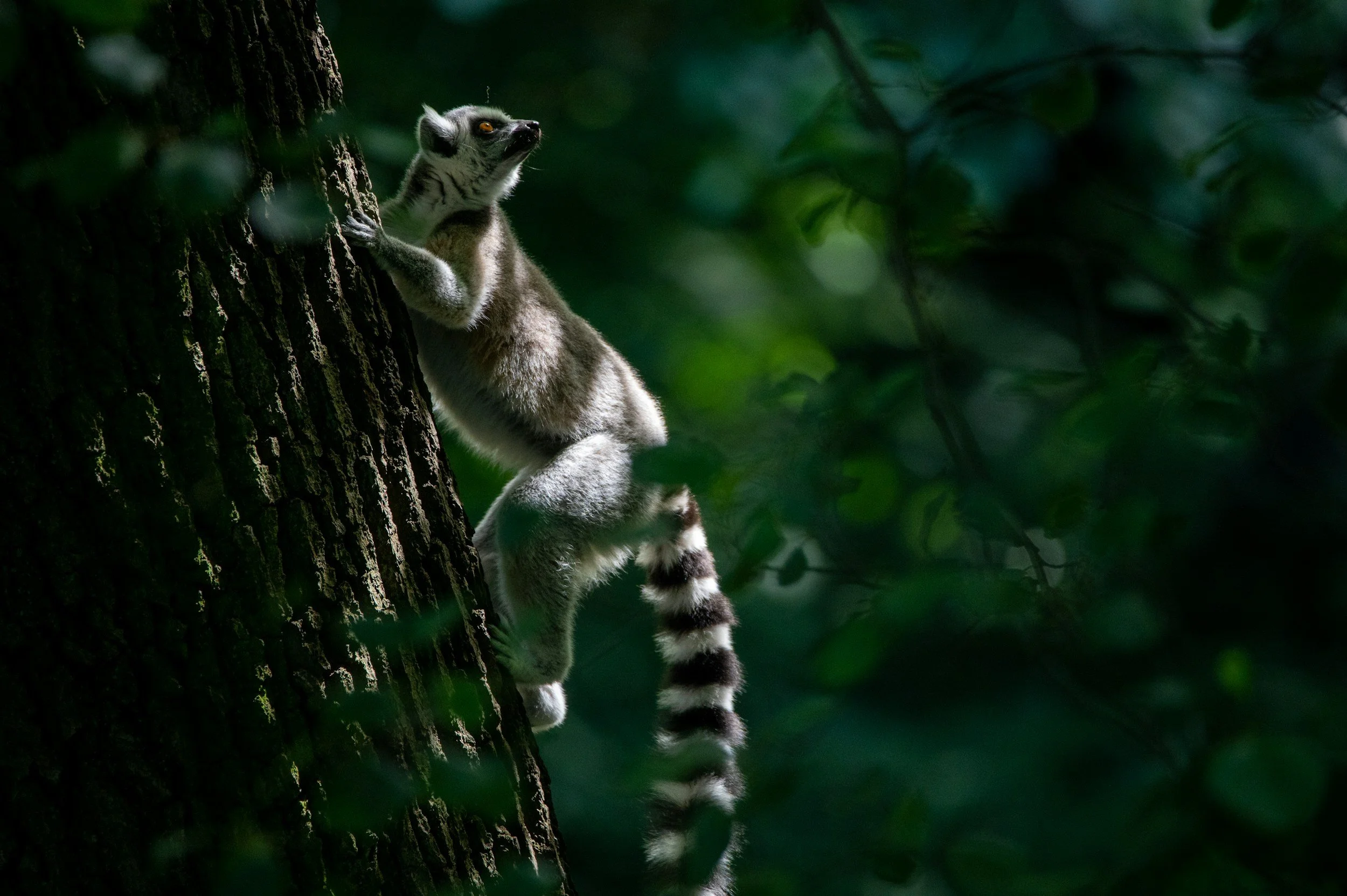Tragic Photographs of Orangutan Forced to Perform, Show The Face Behind a Disappearing Species
As orangutan populations plummet by around 50 percent in the last decade, haunting visuals highlight the devastating plight of non-human primates used in captive wildlife tourism.
Credit: Amy Jones/Moving Animals
Tragic photographs of a performing infant orangutan have been released to highlight the suffering that endangered primates face in the unethical wildlife tourism industry.
The haunting visuals show a young orangutan dressed in boxing shorts, as he is forced to pose for selfies with laughing tourists in Thailand.
Credit: Amy Jones/Moving Animals
Credit: Amy Jones/Moving Animals
Campaigners say wildlife tourism, such as ‘animal selfies’ and animal performances, come at a terrible cost to the animals themselves. Whether bred in captivity or captured from the wild, non-human primates, like this infant orangutan, often suffer physical and psychological torment.
As part of the wildlife tourism industry, non-human primates are separated from their families and social groups, kept in unnatural and poor conditions, unable to move and behave naturally, dressed in clothing, and forced to ‘entertain’ and be in close contact with people.
Credit: Amy Jones/Moving Animals
Now, these photographs, released by Moving Animals and Action for Primates, are part of the global campaign to end the use of captive non-human primates and other wildlife in tourism and 'entertainment'.
“It is unacceptable that these intelligent and sentient beings should be treated simply as photo props for our amusement”, says Sarah Kite of Action for Primates. “The future must be wildlife-friendly for the benefit of wildlife and people, and so we are calling for an end to the cruel exploitation of all wild animals, not just non-human primates, in tourism and ‘entertainment’.”
The group’s call to action is urgent, too, with the number of orangutan populations decreasing around 50 percent in the last decade. Experts say that the decline is largely due to hunting. In the wild, hunters are typically paid around $50 to take a baby from their mother, with the mother orangutan usually shot or beaten to death. The baby is then sold for tens or even hundreds of thousands of dollars as a pet or to unethical zoos.
''With orangutans facing the threat of extinction over the next few decades, portraits like these are made all the more heart-breaking. Even when there are so few left of these incredible and unique species, we continue to hunt them, torment them, and subject them to captivity - just for profit and ‘entertainment’”, says Amy Jones of Moving Animals, the photojournalism group who captured the tragic photographs.
In addition to the cruelty and suffering endured by these captive non-human primates, there is also the danger of disease spill-over from wildlife to people because of the capture, handling, and close contact with wild animals.
Credit: Amy Jones/Moving Animals
Now, as lockdown restrictions ease and tourists return, animals including this orangutan will continue a lifetime of lockdown in captivity, where they will once again be used and abused as ‘entertainment’ props.
If tourists and travel companies continue to pay and profit from these cruel encounters, then the suffering, hunting, and killing of these non-human primates will tragically continue.
More stories:
Species Unite
A collection of stories of those who fight the good fight on behalf of animals.








First published in 2015, How Not to Die has become one of the most influential books on plant-based nutrition. Now, its central arguments have been adapted into a documentary film examining the links between diet and long-term health outcomes.